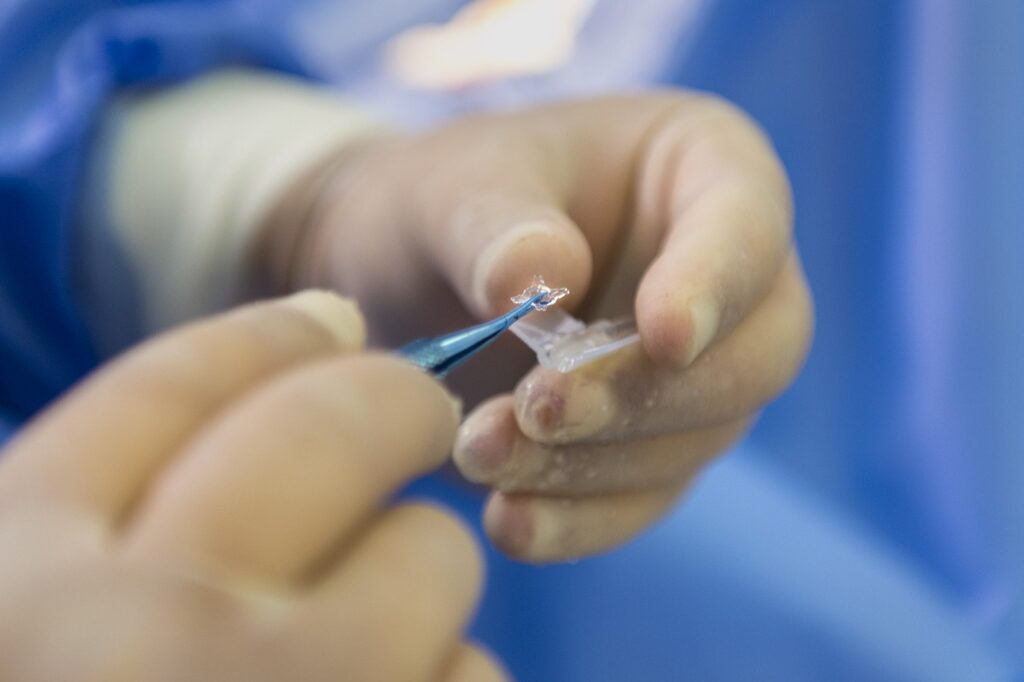Introduction
The field of surgery has undergone significant transformations in recent years, driven by advances in technology, imaging, and our understanding of the human body. One of the most exciting developments in this field is the emergence of personalized medicine in surgery. This approach involves tailoring surgical treatments to individual patient’s unique needs, characteristics, and genetic profiles. In this blog post, we’ll explore the concept of personalized medicine in surgery, its benefits, and the exciting possibilities it holds for the future of surgical care.

Personalized medicine in surgery is based on the recognition that every patient is unique, with distinct genetic, environmental, and lifestyle factors that influence their response to surgical treatment. By taking these factors into account, surgeons can develop customized treatment plans that optimize outcomes, minimize complications, and improve patient satisfaction.
One of the key technologies driving personalized medicine in surgery is genetic profiling. By analyzing a patient’s genetic data, surgeons can identify potential genetic variants that may affect their response to certain medications or surgical procedures. For example, genetic testing can help identify patients who are at risk of bleeding complications during surgery, allowing surgeons to take proactive measures to mitigate this risk.
Another important aspect of personalized medicine in surgery is the use of advanced imaging technologies, such as MRI and CT scans. These technologies enable surgeons to create detailed, three-dimensional maps of patients’ anatomy, allowing for more precise and minimally invasive surgical procedures.
Benefits of Personalized Medicine in Surgery
The benefits of personalized medicine in surgery are numerous and significant. Some of the most important advantages include:
- Improved outcomes: Personalized medicine in surgery enables surgeons to develop customized treatment plans that optimize outcomes and minimize complications.
- Enhanced patient satisfaction: Personalized medicine in surgery allows patients to take a more active role in their care, leading to increased satisfaction and engagement.
- Reduced recovery time: By using minimally invasive surgical procedures and tailored treatment plans, patients can recover more quickly and with less discomfort.

Conclusion
Personalized medicine in surgery represents a major shift in the way we approach surgical care. By tailoring treatment plans to individual patients’ unique needs and characteristics, surgeons can optimize outcomes, minimize complications, and improve patient satisfaction. As this field continues to evolve, we can expect to see even more exciting developments and innovations that will transform the field of surgery forever. Whether you’re a patient, a surgeon, or simply someone interested in the latest advances in medical care, personalized medicine in surgery is an area worth watching.
